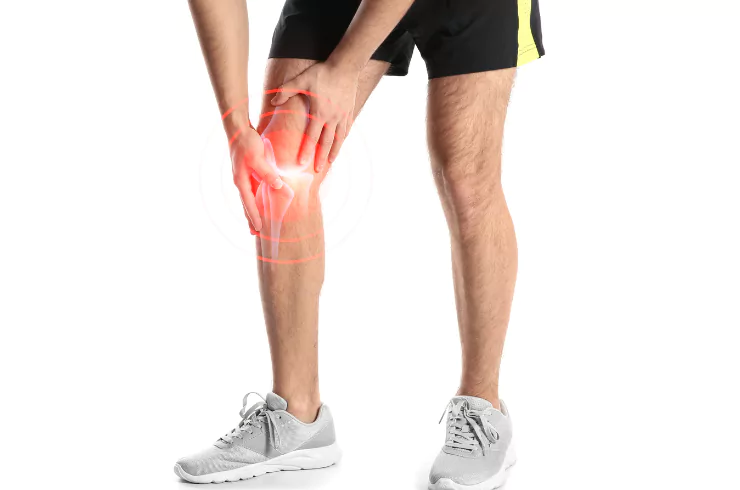
Knee pain is a common complaint that affects people of all ages, but it is particularly prevalent among older adults. One of the most frequent causes of knee pain is osteoarthritis (OA), a degenerative joint condition that can significantly impact mobility and quality of life.
Osteoarthritis is characterized by the breakdown of cartilage, the protective tissue that cushions the ends of the bones in the joint. As this cartilage deteriorates, bones can rub against each other, leading to pain, stiffness, and swelling. OA can occur in any joint, but it most commonly affects the knees, causing discomfort during daily activities.
If you have knee osteoarthritis, you may experience a range of symptoms, including:
Pain: Often described as a deep ache or sharp discomfort in the knee, especially during activities like walking, climbing stairs, or standing up.
Stiffness: You might notice stiffness in the knee, particularly after periods of inactivity, such as sitting or sleeping.
Swelling: Inflammation in the joint can lead to noticeable swelling around the knee.
Reduced Range of Motion: You may find it challenging to fully bend or straighten your knee.
Crepitus: A grating sensation or sound may occur when you move your knee due to rough surfaces on the bones.
Several factors can increase the likelihood of developing knee osteoarthritis, including:
Age: The risk of OA increases with age due to the natural wear and tear on the joints.
Weight: Excess body weight puts additional stress on the knee joints, accelerating cartilage breakdown.
Previous Injuries: Past injuries, such as fractures or ligament tears, can increase the risk of OA in the affected knee.
Genetics: A family history of osteoarthritis may increase your susceptibility to the condition.